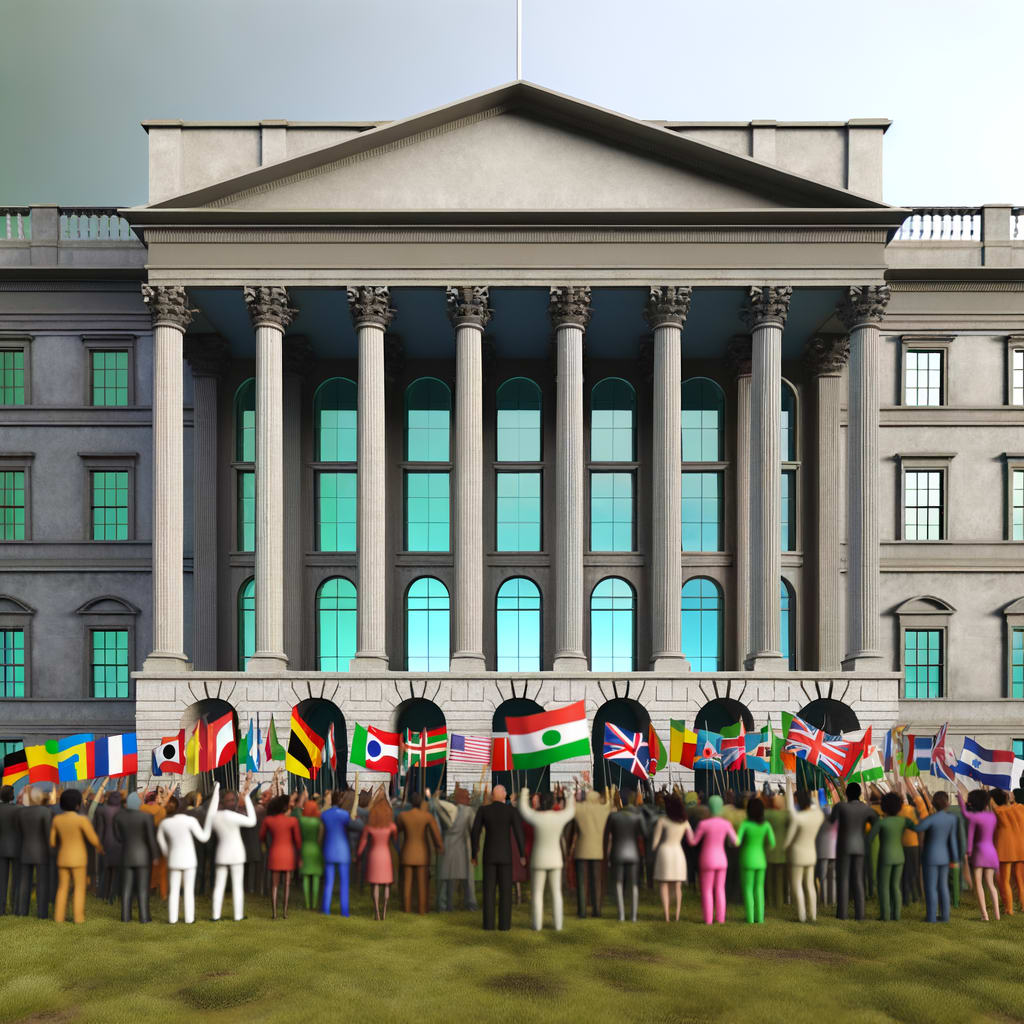Australia, UK, Canada, and Other Countries Formally Recognize Palestine
In a historic shift in foreign policy, Australia, the United Kingdom, and Canada have formally recognized Palestine as a sovereign and independent state. This move aligns these nations with over 150 countries globally that acknowledge a Palestinian state, and it comes ahead of the 80th session of the United Nations General Assembly.
The Recognition
Australia's Prime Minister Anthony Albanese announced the recognition on Sunday, stating that it reflects Australia's longstanding commitment to a two-state solution, which has always been the only path to enduring peace and security for the Israeli and the Palestinian people.
Similar declarations were made by UK Prime Minister Keir Starmer and Canadian Prime Minister Mark Carney.
Palestinian officials describe the step as historic, challenging Israel's occupation and deepening its global isolation. According to Palestinian Foreign Minister Farsin Shahin, other countries, including Portugal, Luxembourg, San Marino, Belgium, Andorra, France, and Malta are also expected to acknowledge Palestine's statehood.
The Backdrop
The recognition of Palestine arrives over a century after the Balfour Declaration backed the establishment of a national home for the Jewish people in Palestine. Despite the intent of this recognition to foster a two-state solution, it has sparked controversy and criticism. Israeli Prime Minister Benjamin Netanyahu responded with a resolute vow, stating the establishment of a Palestinian state will not happen.
Domestic opposition leaders in the UK and Canada have criticized the announcements, lambasting them as a reward for terrorism and betrayal of hostages held in Gaza. Meanwhile, in Israel, the recognition sparked almost unanimous condemnation across the political spectrum.
The Implications
Despite the criticism, the countries making this change insist that recognizing Palestine is a vital step towards peace. Today's act of recognition... revives the hope of peace for the Palestinians and Israelis,
said UK Prime Minister Starmer.
Despite this, the Israeli government has threatened retaliation through settlement expansion, annexation of the West Bank, and further fragmentation of Palestinian land. Meanwhile, Australian Prime Minister Albanese warned that any move by Israel to expand settlements in the West Bank or annex parts of Palestine risks putting a two-state solution permanently “beyond reach”.
The Current Status
While these recognitions mark a significant milestone, they have also escalated tensions. The recognition has drawn criticism from US President Donald Trump and sparked warnings of 'punitive measures' from the US. Israeli politicians have responded bitterly, with government spokesperson David Mencer stating the Jewish community will never forgive Labour for this betrayal.
As the UN General Assembly approaches, world leaders face the challenge of addressing the complex and long-standing Israel-Palestine conflict. The recent recognitions have pushed the issue to the forefront of global attention and could potentially influence the course of future negotiations.

